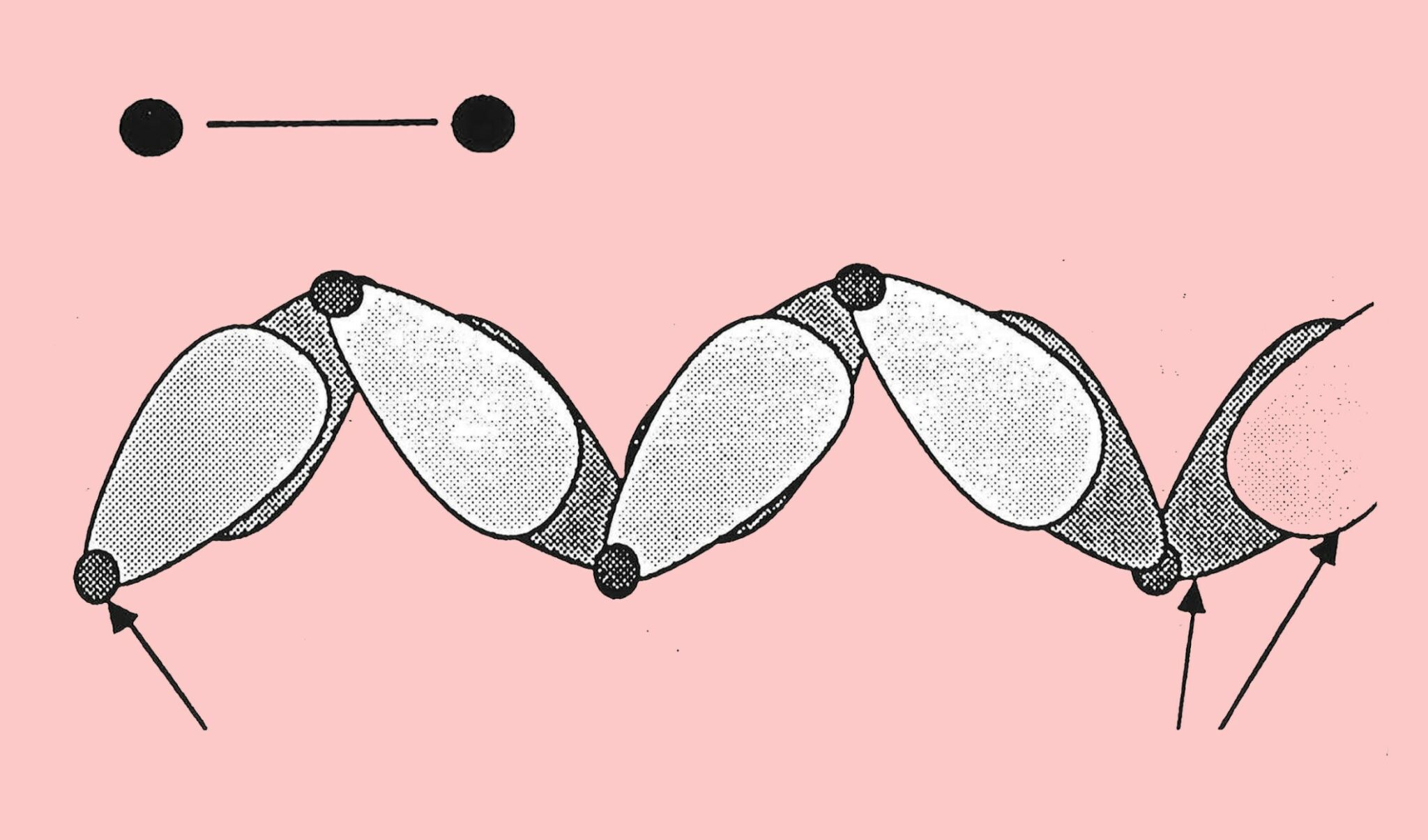Radical Pedicures and Subversive Knitwear: Why Self-care Is Not Revolutionary Unless You’re a Revolutionary
Radical Pedicures And Subversive Knitwear: Why Self-Care Is Not Revolutionary Unless You’re A Revolutionary
Art by Coco

So, this is the new normal. Under lockdown, we wear our masks, wash our hands, and scroll the days away while waiting for Miss Rona to see herself out. But there’s no need to be lonely while alone: DADDY is putting the social in social distancing for our QUARANTINE issue.
Slathering on an exfoliating face scrub in your bathtub is not quite the same as wearing a balaclava to your local women’s march. It might seem obvious that covering your head in a piece of politically purposeful knitwear is perhaps the more radical of the two options mentioned above.
Well, not if you were to believe the staggering amounts of publicists, journalists, bloggers, self-proclaimed writers and other members of the commentariat who are elatedly extolling the virtues of self-care all over the internet. Of those pandering to this mushrooming media trend, self-proclaimed feminists are surely the most excruciatingly annoying ones. Wait, don’t close this tab. This is not another anti-feminist rant. I’m a feminist. I also happen to be the kind of feminist who mentally logs off as soon as people start prattling about the realignment of their chakras. But if you really want to piss me off, you pass off that esoteric self-care twaddle as feminist.
Don’t get me wrong, we all need a break from fighting patriarchy sometimes. And some of us just like to do so by drinking chamomile tea, nibbling on activated cashews or by assuming the downward-facing dog. What’s wrong with that? Well, first of all activated cashews — nuts that someone has chucked into a bowl of water in order to raise their price more than their nutritional value — will set you back a good €6 (which just so happens to be an entire day’s food budget for a family on the poverty line). But that’s not the issue. At least, that’s not all of it. The problem does not lie in the snacks, yoga poses and hot beverages themselves. The problem is that wellness has become a collective obsession as we witness the dismantling of the welfare state, the attrition of the public sector and cutbacks in health-care. While I believe that most savvy feminists know an individualising ideology when they see one, there is also a particular brand of self-empowerment feminism that contents itself with churning out anti-intellectual girl power platitudes at a faster rate than you can say ‘seven empowering life lessons from Buffy the Vampire Slayer’.
It’s this kind of feminism that I have a beef with. The kind that has swapped historical awareness for an emphasis on personal experience. In a recent interview with Jezebel, Jessa Crispin — who recently closed down her amazing literary blog Bookslut — discusses her latest book Why I Am Not A Feminist: A Feminist Manifesto. The internet has become a vast repository of feminist life-hacks for a feminism of the lean-in variety, which aligns itself with power, stresses individual success over community and is often blind to how our self-empowerment disenfranchises others. She writes: “Self-care” is another one of those ideas that’s been bastardized. It started off as a philosophy that addressed the struggles of activist women of color and now it’s applied to, I don’t know, getting a blowout. And pedicures.” One does not take an Audre Lorde quote and turn it into a platitude about getting your toenails painted. As Jessa Crispin points out, it is not self-care when a precarious migrant woman is doing it. Her critique echoes feminists like Catherine MacKinnon and Nancy Fraser who argue that identity can only be effectively mobilised as a political strategy when it abandons its narrow focus on self-interest and instead takes socioeconomic justice for everyone as its starting point. The fight for identity recognition should always also be a fight for resource redistribution.

Care work has historically been assigned to women, who are still responsible for the lion’s share of emotional labour and the unwaged labour necessary to produce wage labour. It is against this backdrop that the concept of self-care originally became part of a feminist agenda. Commenting on Audre Lord’s much-quoted and often decontextualized comment on self-care, feminist scholar Sara Ahmed writes: “Some have to look after themselves because they are not looked after: their being is not cared for, supported, protected.” Audre Lorde reflected on how caring for her body — a woman’s body, a black body — is a political struggle. When she mentions self-care she does so in this context — and in the context of her struggle with liver cancer. She was not suggesting that you run a hot bath for yourself after a long day of trying to shatter the glass ceiling.
Still, I don’t want to deny everyone some foamy downtime in their bathroom. In fact, activists in particular might need these kinds of breaks more than others. However, for them is not so much about soaking themselves in some lavender-scented water, but about remembering to drink water in the first place. In a brilliantly funny article for the Baffler, Laurie Penny explains how especially left-leaning folks have cultivated such contempt for happiness gurus and the kale-smoothie guzzling citizenry that they have turned to its exact opposite: a romantic glorification of self-destruction. But in their efforts to shake off the neoliberal and individualising ideology of self-care, they often unwittingly adopt an extremely exacting work ethic — sometimes working 15 hours a day to maintain an occupation while running almost entirely on “cigarettes and spite”. It is not surprising then that activist communities have recently started talking about the phenomenon of ‘activist burnout’. Anyone who has ever been part of a protest movement will surely recognize the constant oscillation between optimism and cynicism that characterizes activism. An exhilarating sense of momentum, possibility and community spirit alternate with the disillusionment caused by major or minor setbacks — and all of this is compounded by police violence, activist infighting, sleep-deprivation and alcohol. Self-care does not have to be self-indulgence. It is not always about asparagus juice and massage chairs.
While activists, like most people, fare much better when they eat, sleep and drink at regular intervals, it is especially in the internet corner of feminist social justice activism that the words ‘burn-out’ and ‘trauma’ are thrown around with an ease that trivialises the concerns of those with actual mental health issues. Websites like Everyday Feminism seem to specialize in a particularly cringe-worthy brand of self-victimisation and exercises in self-flagellation about privilege. They mass-produce semi-therapeutic drivel in easily digestible bullet point lists. Lists that tell you — usually in the sanctimonious language of imperative — how you should take care of yourself after the trauma induced when your not-so-intersectional feminist friend has unintentionally marginalised your opinion. This type of self-care is as infantilizing as this type of feminism is politically toothless. Jessa Crispin calls it ‘performative victimhood’ and scholar and trans-activist Jack Halberstam argues that it risks casting “all social difference in terms of hurt feelings and that divides up politically allied subjects into hierarchies of woundedness.”
The feminism we need right now is not one that produces trembling panicky women huddling in a corner reaching for the bath salt. So, yes, take care of yourself. Try to keep yourself well fed, hydrated and, well, alive. But please let’s stop pretending there is anything particularly radical or feminist about treating yourself like you are your own Tamagotchi.
Get DADDY in your Inbox
Stay in the loop by subscribing to our newsletter
